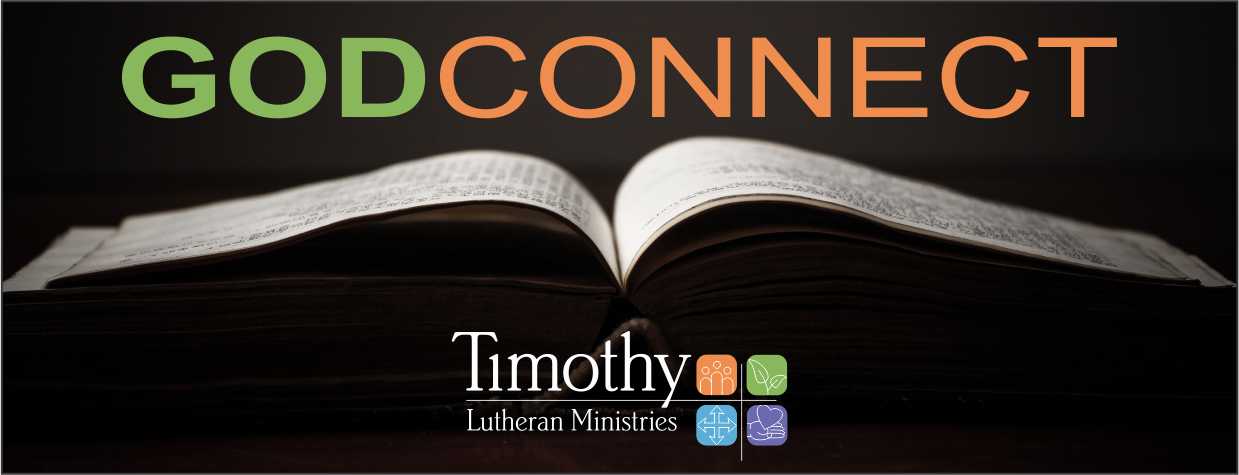Psalm 78:40-55 | How often they rebelled against him in the wilderness and grieved him in the wasteland! Again and again they put God to the test; they vexed the Holy One of Israel. They did not remember his power— the day he redeemed them from the oppressor, the day he displayed his signs in Egypt, his wonders in the region of Zoan. He turned their river into blood; they could not drink from their streams. He sent swarms of flies that devoured them, and frogs that devastated them. He gave their crops to the grasshopper, their produce to the locust. He destroyed their vines with hail and their sycamore-figs with sleet. He gave over their cattle to the hail, their livestock to bolts of lightning. He unleashed against them his hot anger, his wrath, indignation and hostility— a band of destroying angels. He prepared a path for his anger; he did not spare them from death but gave them over to the plague. He struck down all the firstborn of Egypt, the firstfruits of manhood in the tents of Ham. But he brought his people out like a flock; he led them like sheep through the wilderness. He guided them safely, so they were unafraid; but the sea engulfed their enemies. And so he brought them to the border of his holy land, to the hill country his right hand had taken. He drove out nations before them and allotted their lands to them as an inheritance; he settled the tribes of Israel in their homes.
He settled the tribes of Israel in their homes. -Psalm 78:55
In strange days of “shelter in place,” nationwide quarantines and vaccinations, people are finding creative ways to build community. Now more than ever, online chat sessions have become a place where people can share their hearts. Some are making the helpful suggestion to remember God’s goodness and thank Him for it. Others, however, tend to say, “Yes, but . . .”
Which approach is right? Should we count our blessings? Or recount worst-case scenarios?
God’s songbook, the Psalms, employs both approaches. Many of the psalms are laments. They tell God exactly what is going wrong, often in angry, desperate terms. Other psalms recall the good things God has done without saying “yes, but.”
Psalm 78 occurs in the same section as many of the “lament” psalms, yet it pointedly remembers the great things God has done. Despite Israel’s disobedience, “He brought his people out [of slavery in Egypt] like a flock; he led them like sheep through the wilderness” (v. 52). The psalm recalls how “He guided them safely, so they were unafraid” (v. 53)—even as the sea literally swallowed their enemies. Ultimately, “He settled the tribes of Israel in their homes” (v. 55).
This life remains uncertain. The one constant is God, who promises one day to settle us at home with Him. Accepting this great truth will help us become agents of God’s peace, instead of purveyors of panic.
Tim Gustafson
How do you tend to respond in a crisis, and what effect do you think your response has on others? What laments might you need to share with God today? What can you praise Him for?

